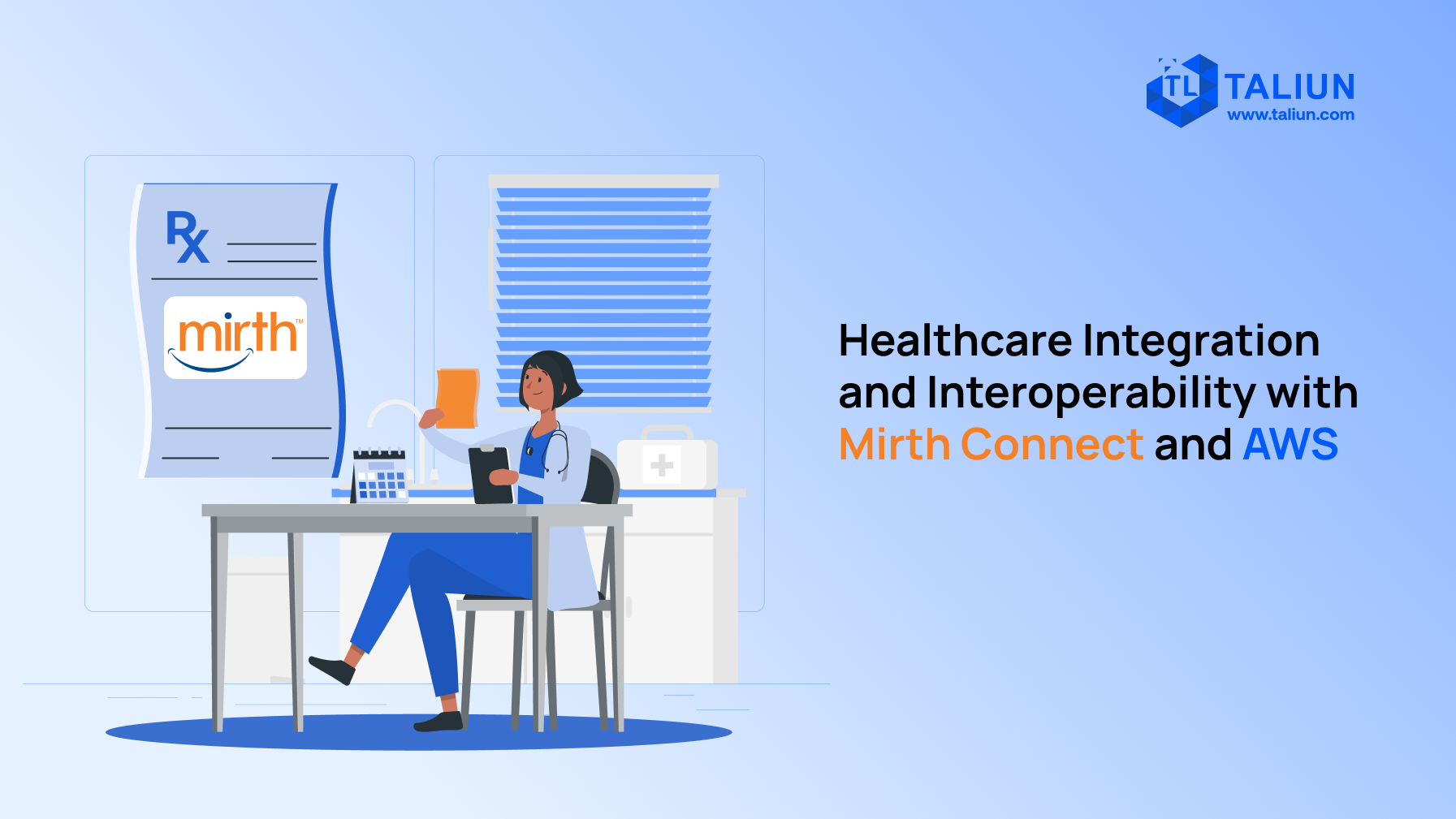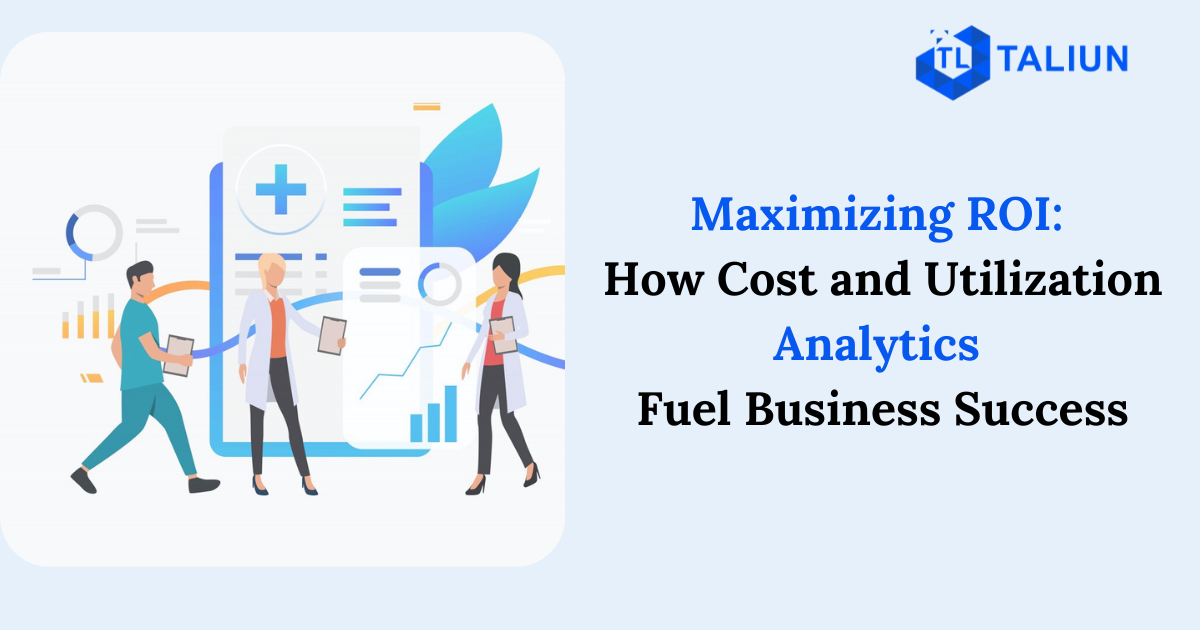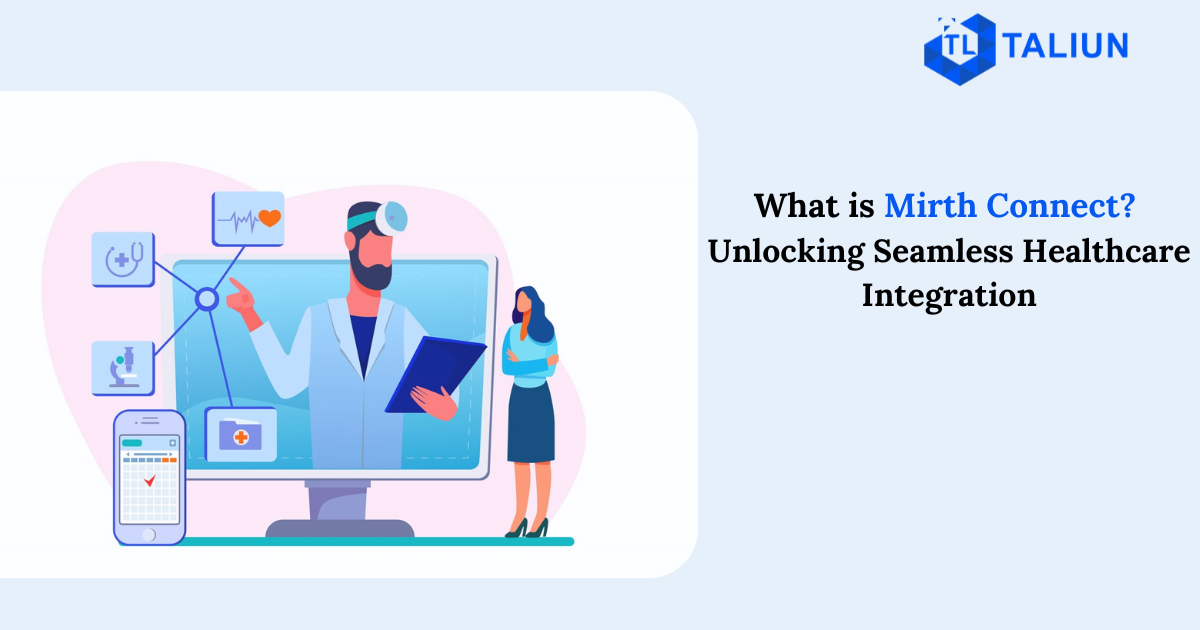Healthcare Integration and Interoperability with Mirth Connect and AWS

The healthcare industry is undergoing a significant digital transformation, primarily driven by the need for seamless integration and interoperability among various systems. This transformation is crucial for enhancing patient care, improving operational efficiency, and ensuring compliance with regulatory standards. The integration of tools like Mirth Connect with cloud services such as AWS presents a robust solution to these challenges, enabling healthcare organizations to efficiently exchange and utilize health information.
Understanding the Need for Interoperability in Healthcare
As healthcare systems become increasingly complex, the demand for effective data exchange mechanisms has surged. Organizations are tasked with navigating a landscape filled with disparate Electronic Health Record (EHR) systems, mobile applications, clinical decision support tools, and advanced analytics platforms. This complexity is compounded by regulatory frameworks such as HIPAA in the United States and similar regulations in other countries that govern the sharing of health information. These regulations necessitate a focus on data integrity, privacy, and security. Interoperability is not merely a technical challenge; it is essential for fostering better care coordination among providers and enhancing patient outcomes. The ability to share data across different healthcare settings allows for more comprehensive patient views, leading to improved clinical decision-making and more personalized care.
Mirth Connect: A Solution for Healthcare Integration
Mirth Connect, developed by NextGen Healthcare, has emerged as a leading open-source integration engine designed to facilitate interoperability in healthcare. Since its inception in 2006, it has been utilized by organizations in over 40 countries to address various interoperability use cases. Mirth Connect supports multiple data formats including HL7, FHIR, DICOM, JSON, and XML, enabling healthcare organizations to customize their integration processes without extensive coding.
Key Features of Mirth Connect
- Flexible Data Handling: Mirth Connect allows for the transformation and routing of data between various healthcare systems.
- Visual Channel Building: Users can create integration channels visually, simplifying the setup process.
- Real-Time Monitoring: The platform provides tools for monitoring data exchanges in real-time.
- Robust Security: Mirth Connect incorporates security features essential for protecting sensitive health information.
- Scalability: As healthcare needs grow, Mirth Connect can scale to accommodate increased data volumes and complexity.
These features make Mirth Connect an invaluable tool for organizations striving to achieve their interoperability goals.
Leveraging AWS for Enhanced Healthcare Integration
Integrating Mirth Connect with AWS cloud services amplifies its capabilities significantly. AWS offers a wide array of services that can support the development of a comprehensive interoperability solution.
Key benefits include:
- Scalability: AWS Auto Scaling adjusts resources automatically based on demand, ensuring optimal performance without manual intervention.
- Security: AWS provides robust security measures that comply with HIPAA regulations to protect Protected Health Information (PHI).
- Advanced Analytics: By utilizing services like Amazon Athena and Amazon QuickSight, organizations can analyze health data effectively and generate actionable insights.
- Cost Optimization: The pay-as-you-go model of AWS allows organizations to optimize costs while scaling their operations.
Building a Healthcare Data Hub
A practical application of integrating Mirth Connect with AWS involves creating a healthcare data hub. This hub enables secure transmission of clinical data using FHIR standards. For instance:
- EHR systems can transmit HL7 messages over HTTPS.
- These messages can invoke an API on Amazon API Gateway.
- An AWS Lambda function can then store the HL7 messages in an Amazon S3 bucket.
- Using Mirth Connect’s HL7 to FHIR converter, organizations can transform this data before storing it in AWS HealthLake—a HIPAA-eligible service designed for secure storage and transformation of healthcare data.
AWS HealthLake allows organizations to query this transformed data using SQL-like queries via Amazon Athena, facilitating deeper insights into patient populations or individual health records.
Enhancing Patient Care Through Data Insights
The integration of Mirth Connect with AWS not only streamlines data exchange but also empowers healthcare providers with critical insights that can enhance patient care. By leveraging advanced analytics tools like Amazon QuickSight, providers can visualize health trends and make informed decisions based on comprehensive patient data.Moreover, the combination of machine learning capabilities through Amazon SageMaker enables predictive analytics that can identify potential health risks or suggest proactive interventions. This level of insight is invaluable in today’s fast-paced healthcare environment where timely decisions can significantly impact patient outcomes.
Conclusion
The partnership between NextGen Healthcare’s Mirth Connect and AWS represents a powerful approach to solving the interoperability challenges faced by healthcare organizations today. By facilitating secure and efficient data exchange across diverse systems, this integration not only enhances operational efficiency but also improves clinical decision-making and patient outcomes. As healthcare continues to evolve towards more integrated solutions powered by AI and advanced analytics, tools like Mirth Connect on AWS will play a pivotal role in shaping the future of healthcare delivery. Organizations that embrace these technologies will be better positioned to navigate the complexities of modern healthcare while providing high-quality care to their patients.




